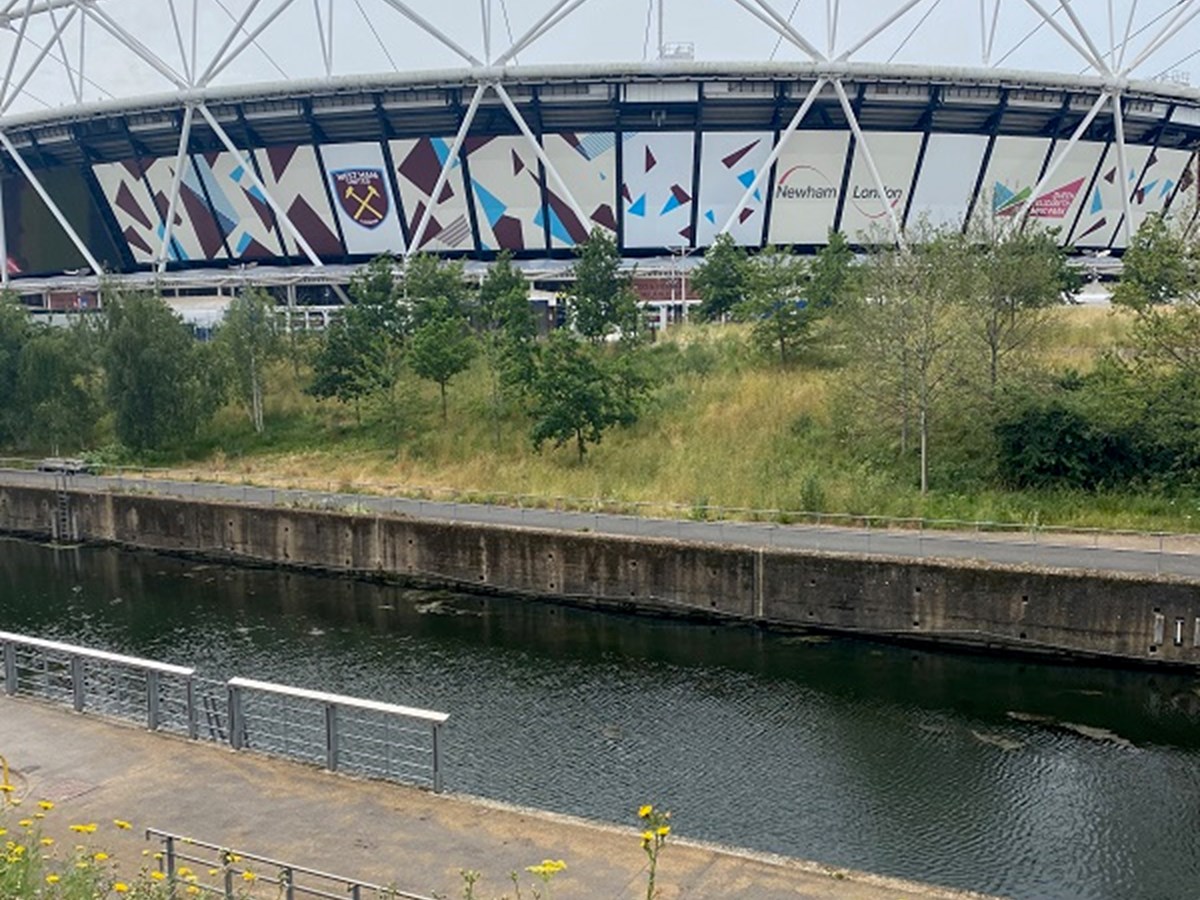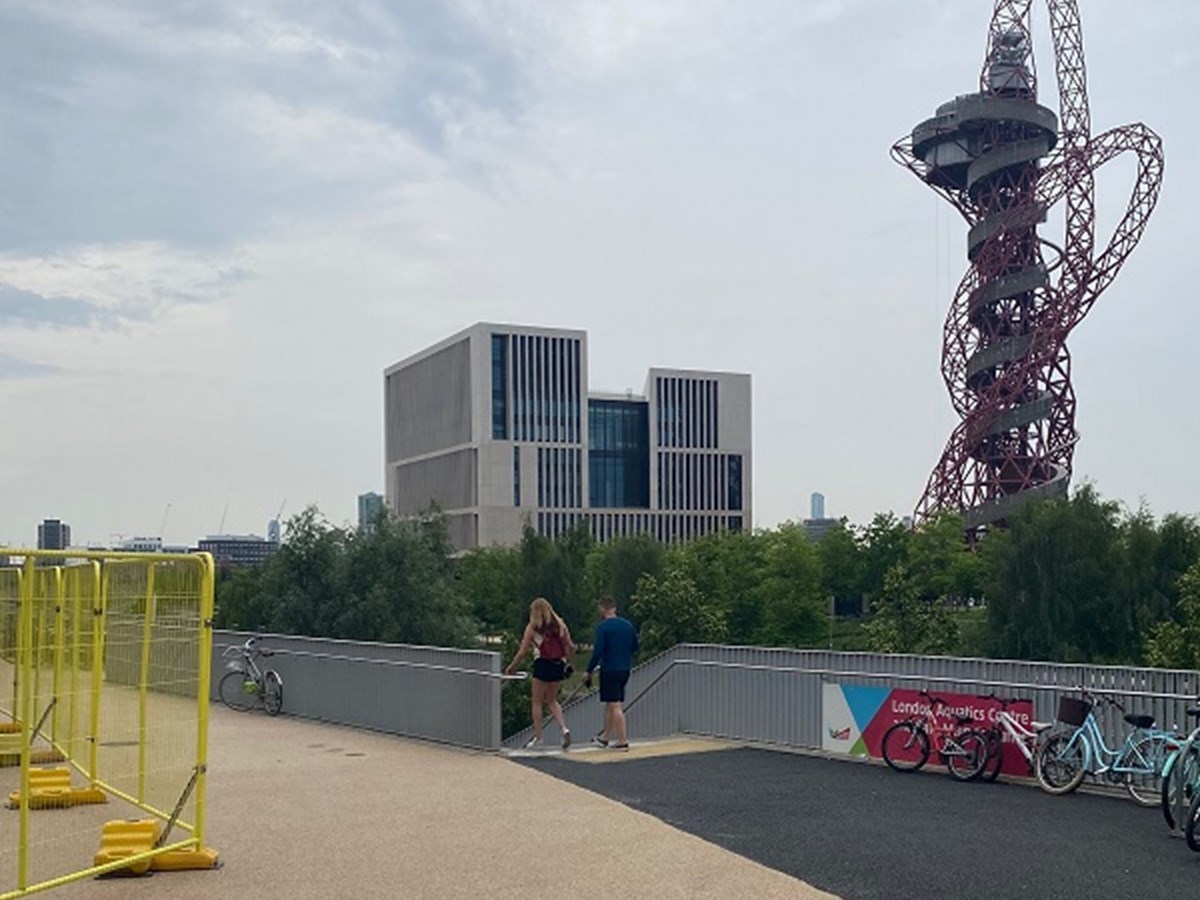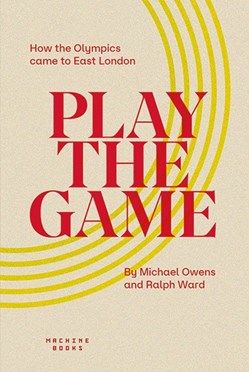Ralph Ward is an urban planner who has spent his career working at senior levels on the regeneration and development of east London, including London Docklands and the Thames Gateway project. From 2003 to 2012 he was Advisor on Olympic Planning and Legacy to the Office of the Deputy Prime Minister and Department of Communities and Local Government. Following his retirement in 2012, he was appointed Visiting Professor at University of East London.
Dr Michael Owens MRTPI has spent a lifetime working in urban development and studying the life of cities. He worked at the Greater London Council until it was abolished in 1986 and later, in 2002, joined the London Development Agency, becoming Head of Development Policy. He worked on the development strategy in east London and the Lea Valley. He is a Board member of Bow Arts Trust, one of the UK’s leading artist studio providers, with several sites on the
fringe of the Olympic Park.
Our book Play The Game describes, in the words of those that were there, and did it, how the improbable dream of the Olympic bid for East London was born and how, against all the odds it became a reality. The text has been woven from interviews with key figures involved in delivering the London Olympics and is a means of keeping the community, learnings and legacy of the process of delivery alive. It pieces together the testimonies of politicians, planners, bureaucrats, architects and more to tell the still compelling story of how the games were first conceived and how they came to be.
As part of our own work, we have run walking tours around the Olympics site, so it was natural for us to go back and do this again, as a means of launching the book in June. It was a fascinating experience. The Games promised a legacy, and today the pace of development on Queen Elizabeth Olympic Park refuses to slow. Here East was one of the first legacy projects and has been a bespoke centre for innovative digital business for 7 years now. A new phase of legacy is about to begin. At the East Bank Cultural Quarter, the University College London now joins the BBC, Sadler’s Wells, UAL’s London College of Fashion, and the V&A. Five planned residential neighbourhoods will be delivered by 2033, and with construction underway at East Wick, the programme looks solid. Stratford is undergoing radical change which at last is bringing the benefits of living in a World City within reach of its young population


Back in 2001, the UK’s capacity to deliver ‘grand projets’ was not credible. The mishandled opening ceremony at the Millennium Dome was high profile, fresh and raw. It underlined the seeming inability of the UK to plan and deliver development to time and at scale. Yet it was exactly then that London’s first Mayor, Ken Livingstone, was persuaded to instruct his tyro administration to pursue one of the biggest prizes of all, an Olympic Games, and do so in one of the most remote, neglected and seemingly unpromising parts of the city, the Lea Valley, known to few Londoners beyond a remnant of small business survivors, a handful of residents and a disparate collection of allotment holders, hardy cyclists, indiscriminate fishermen, the odd flaneur and a scattering of evangelistic planners, like your authors.
Our book Play the Game is full of fascinating details: how more than one key figure knowing the complexity of delivering the Games bid was praying that London did not win; the budgetary shock in Whitehall when the bid, unaccountably, actually won, how the country's largest and most high risk compulsory purchase order was successfully executed; and the off-the-cuff way iconic cultural institutions, after the Games, came to establish a presence in east London for the very first time, and give some real meaning to the legacy rhetoric.
If we need to expand our capacity to create new futures for forgotten areas, and to use infrastructure wisely and effectively to deliver change, this book gives an insight into how this can be done. It shows how a disparate group of passionate advocates of urban improvement, from different backgrounds but all sharing the same broad vision, were able to use using their imagination, energy, commitment and sheer bloody mindedness to confound all predictions and deliver both a successful Games and a new part of London which, as we found on our recent tour, a decade later is only just beginning to take shape.
Digital and print editions of the book are available here:



